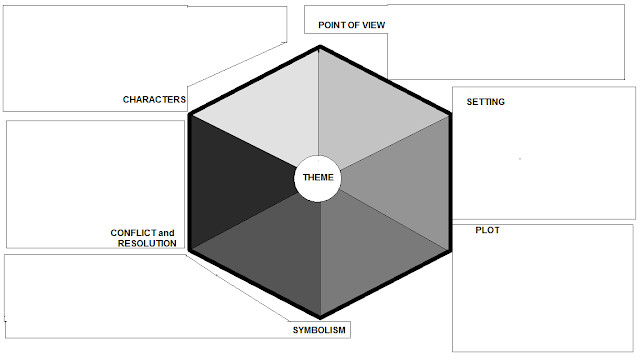Calling ALL Writers.....
ELEMENTS OF FICTION
Description in Prose
Description in your book is a bit different than in your profile. A good description can give the reader a glimpse at the character's personality traits as well as their appearance. There are many different ways to write a great character description, but they all have one thing in common: they're creative and anything but boilerplate.
Many new writers opt for the list-style of description, thinking that less is more. They often look like this:
“He had piercing green eyes, sandy blond hair, and stood a stocky and solid six-foot-two. He had a slight limp and the musculature of a man who works hard for his living.”
While this may be fine for a minor character, it falls a little flat for a major character that you want the audience to know intimately. So for ideas on how to write character descriptions, let's look at some examples from some masters of the craft.
- Interdependence conflict. Interdependence is when two or more people rely on one another to complete a task or reach a goal. ...
- Leadership conflict. ...
- Working style conflict. ...
- Personality conflict. ...
- Background-based conflict.
Here are some famous examples of symbolism in well-known movies:
- white cowboy hat = hero in classic Westerns
- mockingbird = innocence in To Kill a Mockingbird
- Balloons = hopes and dreams in Disney’s Up
- feathers = beginnings and endings in Forrest Gump
- Yellow Brick Road = street paved with gold in The Wizard of Oz
- coin toss = fate, chance, free will in No Country for Old Men
- Fog = confusion and the unknown in Apocalypse Now
- cat = home and belonging in Breakfast at Tiffany’s
- doors = separation and transition in The Godfather
- deer = prey and vulnerability in Get Out








Comments
Post a Comment